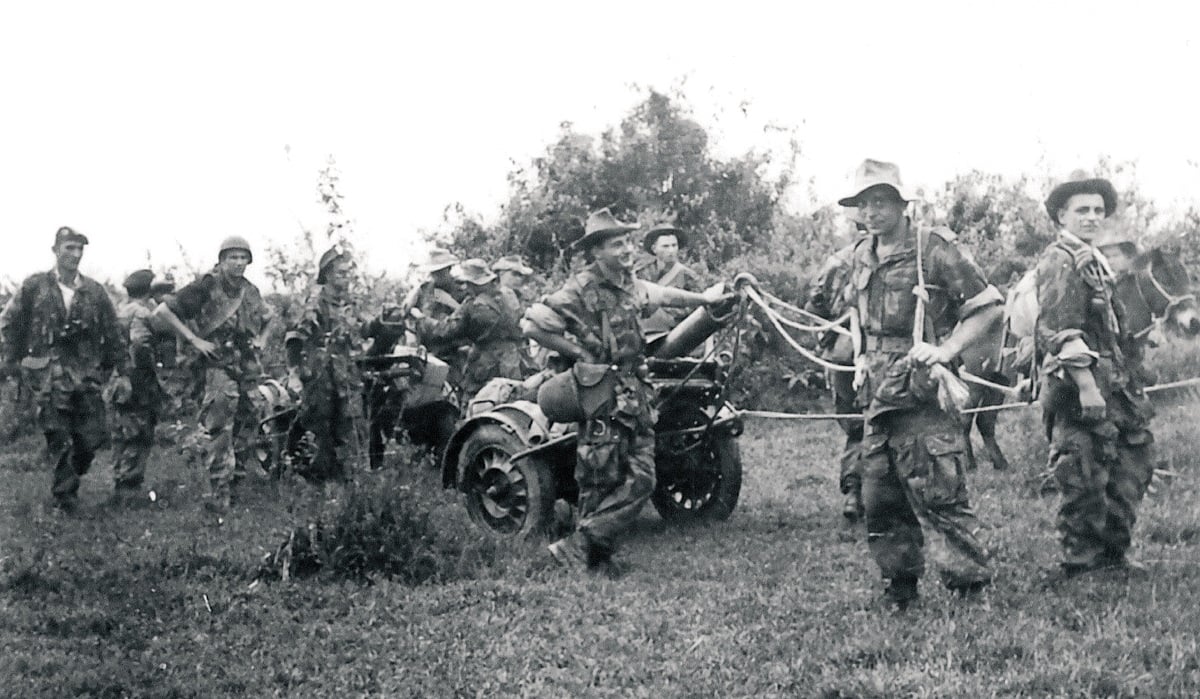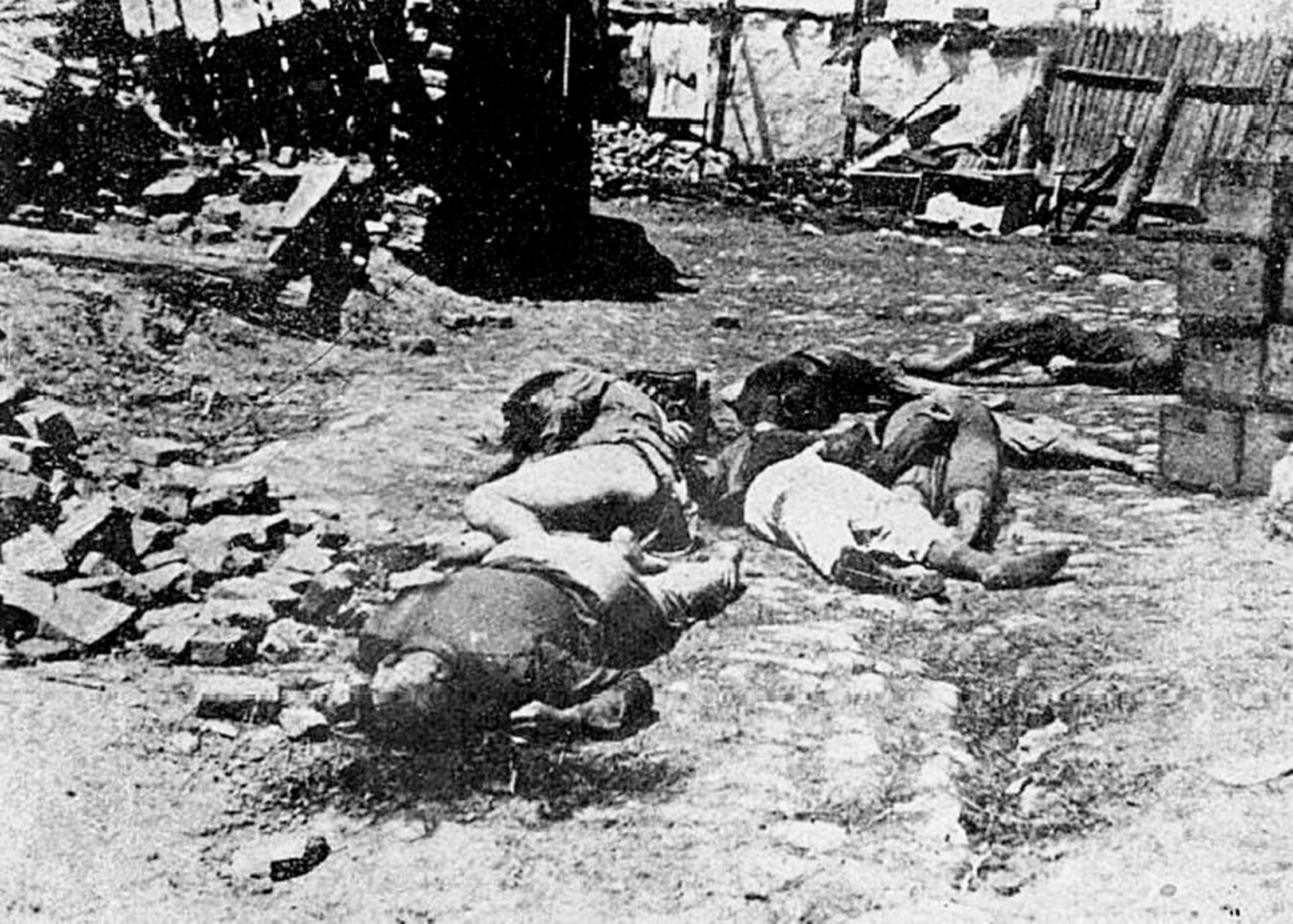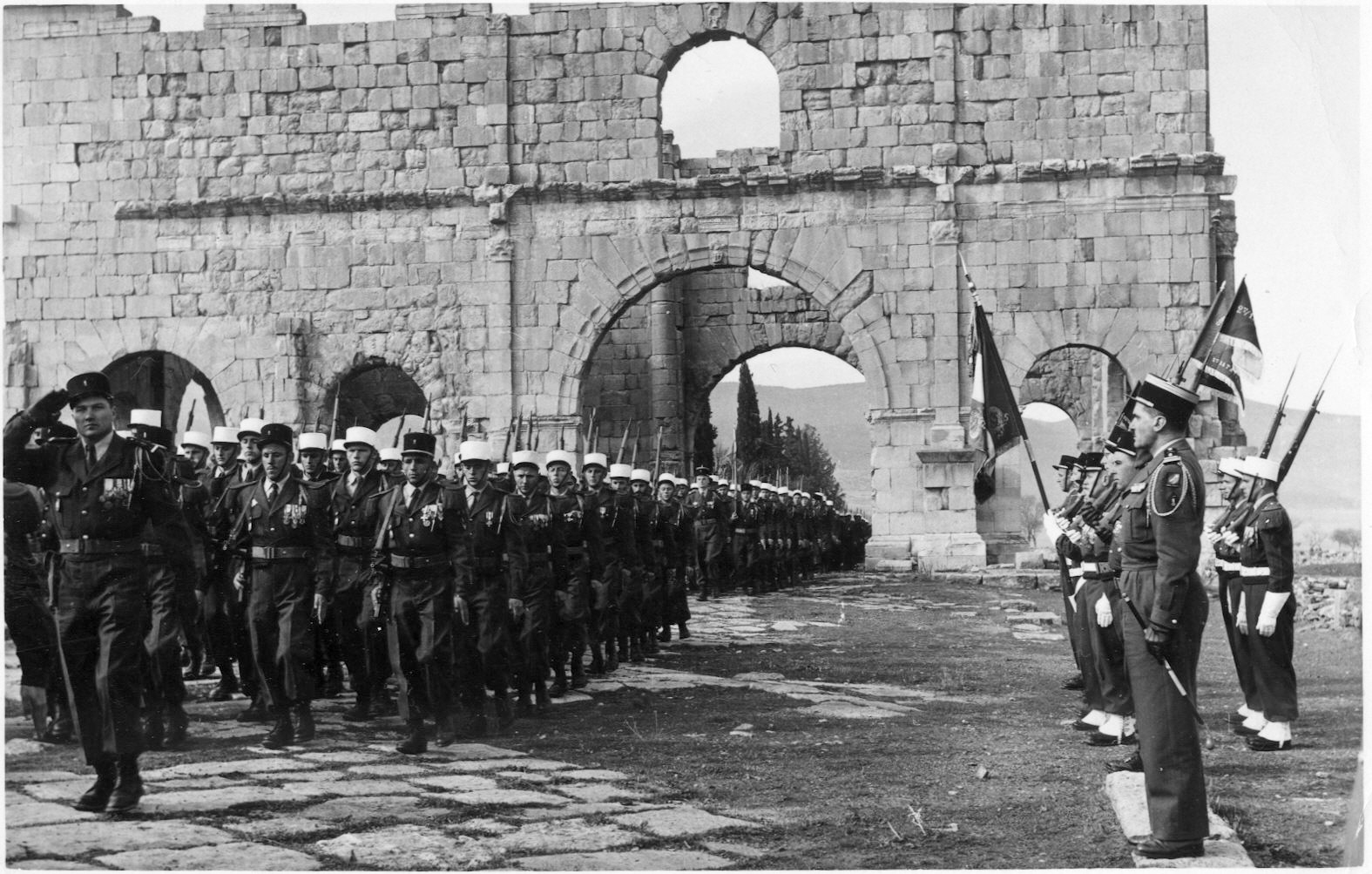“On December 27, 1955, a naval court martial in Israel sentenced the soldier Eliahu Itzkovitz to three months in prison after being tried for desertion.” That report was provided by the military correspondent for the daily newspaper Herut on May 21, 1959, after it was cleared for publication four years after the event. The brief item added that Itzkovitz “had abandoned his post for 840 days, from July 6, 1953 to October 24, 1955.”
According to the item in the newspaper, a few weeks prior to the trial Itzkovitz came to the Israeli Embassy in Paris of his own volition, asking to make a statement and explain the circumstances of his desertion. For many long hours, the embassy staff, who could not believe their ears, listened with bated breath to the incredible story told by the Holocaust survivor who had devoted his life to satisfying one of the most powerful urges of the soul.
Eliahu Itzkovitz grew up in a village which at the time was in northeast Romania. He was nine years old when his family – his parents and three siblings – were murdered in front of him while they were in a concentration camp. The killer, a Romanian guard by the name of Stanescu, was a local fascist who gladly and eagerly collaborated with the Nazis. Stanescu came from a village that was near where the Itzkovitz family had lived.

Following his liberation from the camp by the Red Army, Itzkovitz was unable to erase the image of Stanescu killing his family and decided to take revenge, regardless of the consequences. He went from one city and village to another all across Romania, trying to track down Stanescu. But he only managed to find his son. Itzkovitz chose to carry out his revenge in ‘installments’ and started by stabbing Stanescu’s son to death with a butcher knife. Because at the time Itzkovitz was still a minor, the court in Romania sentenced him to five years imprisonment at a facility for juvenile offenders.
After his release from prison in 1950, Itzkovitz emigrated to Israel. He enlisted in the Paratroopers Brigade a year later, where the soldiers in his platoon described him as a quiet and courageous soldier. Itzkovitz tried to turn over a new leaf, forget the past and, most of all, erase his childhood memory of Stanescu shooting his family to death. But the horrors of the past continued to haunt him, and after receiving some new information in a chance conversation with a group of new immigrants from Romania, he was soon back on the blood path. He learned that Stanescu had managed to flee the country after the war and had made his way to the French zone of Germany. He also learned that Stanescu was serving in the French Foreign Legion in Indochina.

The uncontrollable urge to take revenge that had first surfaced when he was a child and was partially satisfied when he was a teenager, erupted again in full force in Itzkovitz the young adult – now a new recruit in the Israel Defense Forces. Itzkovitz proceeded to devise a plan. The first thing he did was to ask his commanding officer in the Paratroopers Brigade for a transfer to the Navy. “I really love the sea” he said, when trying to persuade his superiors to approve the transfer. “When I was a child, I lived in a village near the Black Sea and I prefer to serve on a ship rather than be a paratrooper.” Stage 1 of his big plan was a success and a few days later Itzkovitz received the transfer order that stipulated his reassignment to a naval base in Haifa.
The opportunity to carry out Stage 2 of his plan came knocking a few months later. While on a routine supply mission to Italy, Itzkovitz took advantage of the situation and slipped away after the ship docked in Naples. He took a train to Bordighera and from there to Marseilles, where he arrived three days later. In Marseilles, he enlisted in the French Foreign Legion. Sometime after that, Itzkovitz found himself on a ship again, this time headed for Algeria. The ship docked in the city of Sidi Bel Abbès, where the headquarters of the French Foreign Legion was located.

“It makes no difference if you have lost your job, your home, your business, or if your wife has thrown you out or the court has sent you to jail. There is only one place left where you can make a fresh start, where you can turn over a new leaf without having to explain your past – and no one will judge you there for what you did in your former life, but only for what you do in the current one. Welcome to the French Foreign Legion.” Those words greeted the new recruits when they joined the ranks of the Legion, which was established in 1831 to help enforce the French occupation of Algeria. Consequently, over the years the Legion became a refuge for a multitude of lowlifes, rogues and scoundrels, regardless of who they were. They were followed by the romanticists, who wanted to dull some sort of pain or “simply forget.”
But Itzkovitz did not enlist in the Foreign Legion because he wanted to forget or because he wanted to forgive. He was focused on a single target. After spending three months in Algeria, he got closer to fulfilling his fantasy. In his book Street Without Joy, the historian Bernard B. Fall, who first heard about Itzkovitz’s story when working as a military correspondent in Vietnam, traces Itzkovitz’s route to revenge from the moment he landed in Indochina. Fall describes how Itzkovitz managed to worm his way into the company in which Stanescu was serving, thanks in no small measure to the fact that assignments to companies in the Legion were made on the basis of the soldiers’ language and nationality.
And then, without much warning, it happened. After a crazy decade filled with delusions about revenge, Itzkovitz finally came face to face with the man who murdered his family in cold blood. Stanescu had not changed that much, apart from losing a few pounds. He obviously did not make the connection between the tall and stately-looking man who now stood before him and that little boy from the concentration camp. Itzkovitz waited patiently until he was able to pair himself with Stanescu on one of the patrols their company went on.
According to the plan he made, Itzkovitz was going execute Stanescu and make it look as if he had been killed in battle. In his book, Fall describes how they set out on a patrol along Road 18 between the cities of Bac Ninh and Mamallapuram, where they met a barrage of fire from Viet Minh forces. In response, the two of them sought cover by jumping into the bushes.
After the barrage was over and while still collecting themselves, Itzkovitz asked Stanescu in a sharp tone of voice: “Do you recognize me?” Stanescu, who thought that the young soldier could perhaps be a friend of his son’s, replied, “no, but maybe…”.
“You’re Stanescu, aren’t you?” Itzkovitz asked him. And then, without further delay, he took out his M-49 Tommy gun and shot Stanescu a few times in the chest, who died immediately. After the smoke cleared, Itzkovitz dragged Stanescu’s body back to their base and ‘sadly’ reported that his fellow patrol member had been killed by enemy fire.
After completing his circle of revenge, Itzkovitz retired from the Foreign Legion and even received a letter of commendation for his service. Because he wanted to go back to Israel, at the end of October 1955 Itzkovitz presented himself to the staff of the Israeli Embassy in Paris, where he shared his story with his mesmerized listeners. Two months later, Itzkovitz was court martialed for deserting his post for more than two years. His amazing story caused the judges to show leniency and he was sentenced to only three months in prison. Nothing is known about what happened to Eliahu Itzkovitz after that.